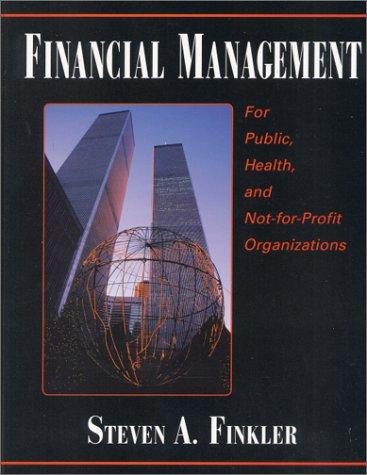Question
a. If your portfolio is invested 40 percent each in A and B and 20 percent in C, what is the portfolios expected return, the
 a. If your portfolio is invested 40 percent each in A and B and 20 percent in C, what is the portfolios expected return, the variance, and the standard deviation? (Do not round intermediate calculations. Round your variance answer to 5 decimal places, e.g., 32.16161. Enter your other answers as a percent rounded to 2 decimal places, e.g., 32.16.) b. If the expected T-bill rate is 4.5 percent, what is the expected risk premium on the portfolio? (Do not round intermediate calculations and enter your answer as a percent rounded to 2 decimal places, e.g., 32.16.)
a. If your portfolio is invested 40 percent each in A and B and 20 percent in C, what is the portfolios expected return, the variance, and the standard deviation? (Do not round intermediate calculations. Round your variance answer to 5 decimal places, e.g., 32.16161. Enter your other answers as a percent rounded to 2 decimal places, e.g., 32.16.) b. If the expected T-bill rate is 4.5 percent, what is the expected risk premium on the portfolio? (Do not round intermediate calculations and enter your answer as a percent rounded to 2 decimal places, e.g., 32.16.)
Step by Step Solution
There are 3 Steps involved in it
Step: 1

Get Instant Access to Expert-Tailored Solutions
See step-by-step solutions with expert insights and AI powered tools for academic success
Step: 2

Step: 3

Ace Your Homework with AI
Get the answers you need in no time with our AI-driven, step-by-step assistance
Get Started


